AO Live Blog, Day 4—Kenin falls; Tsitsipas survives; Italian fireworks
Feb 10, 2021Australia at Last: Reflections on a first trip to the AO
By Jan 29, 2025Alexander Zverev must elevate his game when it most counts—and keep it there
By Jan 27, 2025Jannik Sinner draws Novak Djokovic comparisons from Alexander Zverev after Australian Open final
By Jan 26, 2025Alexander Zverev left to say "I'm just not good enough" as Jannik Sinner retains Australian Open title
By Jan 26, 2025Jannik Sinner is now 3-0 in Grand Slam finals after winning second Australian Open title
By Jan 26, 2025Taylor Townsend and Katerina Siniakova win second women's doubles major together at the Australian Open
By Jan 26, 2025Madison Keys wins her first Grand Slam title at Australian Open by caring a little bit less
By Jan 25, 2025Henry Patten, Harri Heliovaara shrug off contentious first set to win Australian Open doubles title
By Jan 25, 2025Aryna Sabalenka takes a rare loss in Australian Open slugfest
By Jan 25, 2025AO Live Blog, Day 4—Kenin falls; Tsitsipas survives; Italian fireworks
Also, Feliciano Lopez rallied to win from two sets down for the fifth time in his career. Earlier, Shelby Rogers eased past Olga Danilovic with Novak Djokovic in the stands.
Published Feb 10, 2021
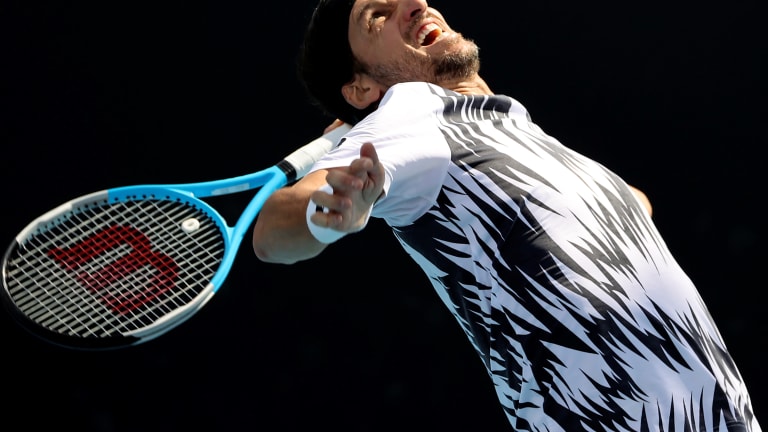
© AFP via Getty Images
Advertising
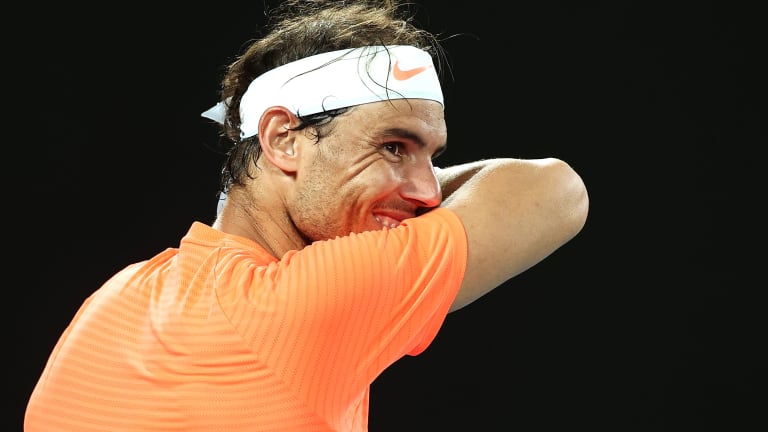
AO Live Blog, Day 4—Kenin falls; Tsitsipas survives; Italian fireworks
© Getty Images
Advertising
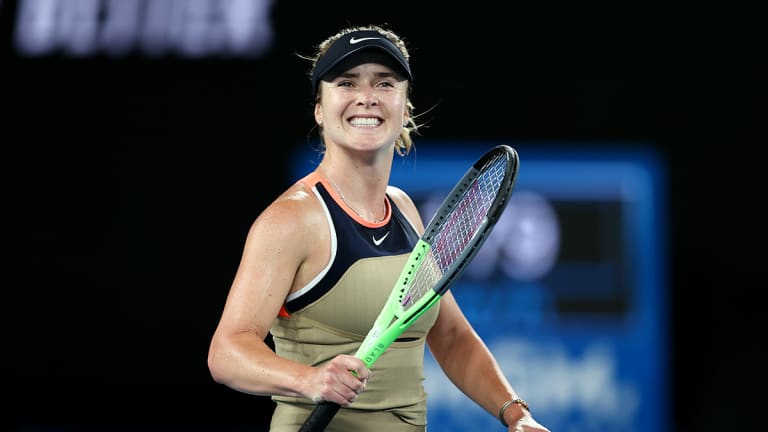
AO Live Blog, Day 4—Kenin falls; Tsitsipas survives; Italian fireworks
© 2021 Getty Images
Advertising

AO Live Blog, Day 4—Kenin falls; Tsitsipas survives; Italian fireworks
© Getty Images
Advertising
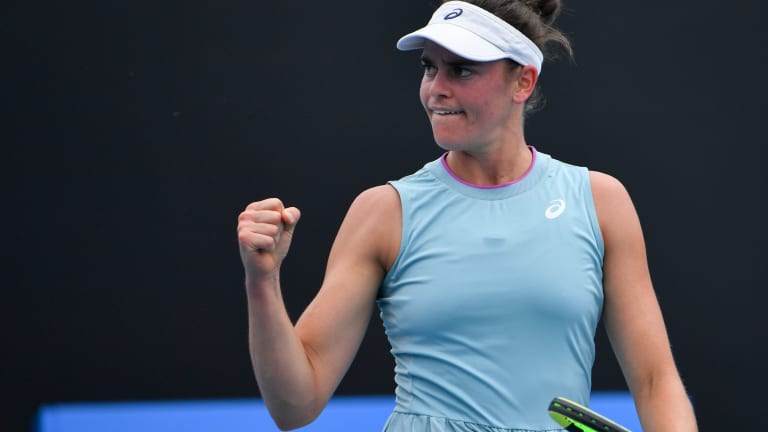
AO Live Blog, Day 4—Kenin falls; Tsitsipas survives; Italian fireworks
© AFP via Getty Images
Advertising
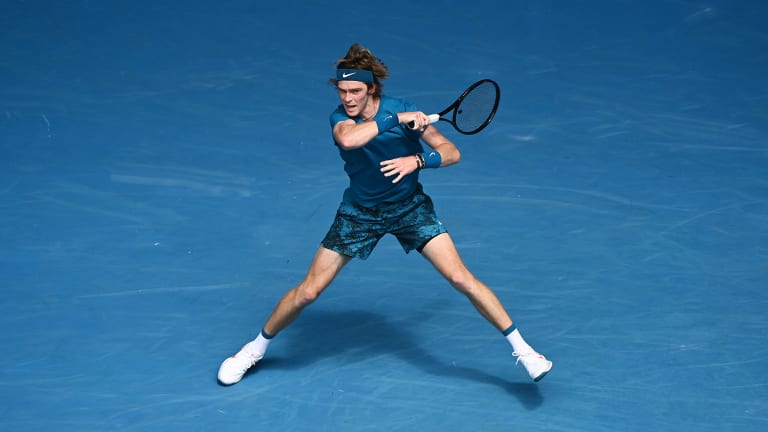
AO Live Blog, Day 4—Kenin falls; Tsitsipas survives; Italian fireworks
© Getty Images
Advertising
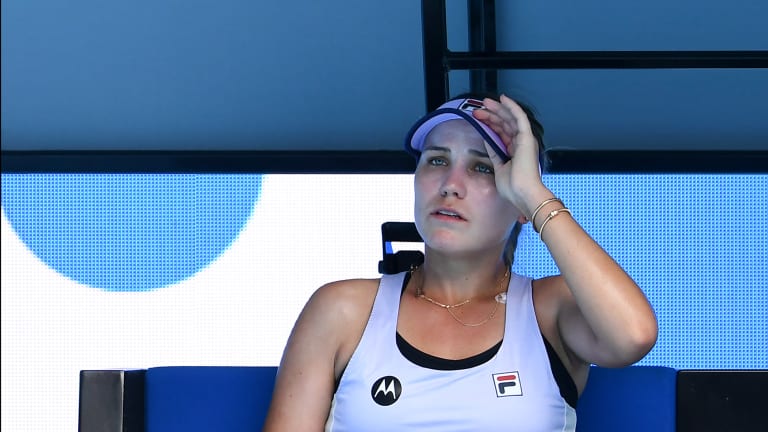
AO Live Blog, Day 4—Kenin falls; Tsitsipas survives; Italian fireworks
© AFP via Getty Images
Advertising

AO Live Blog, Day 4—Kenin falls; Tsitsipas survives; Italian fireworks
© AFP via Getty Images
Advertising
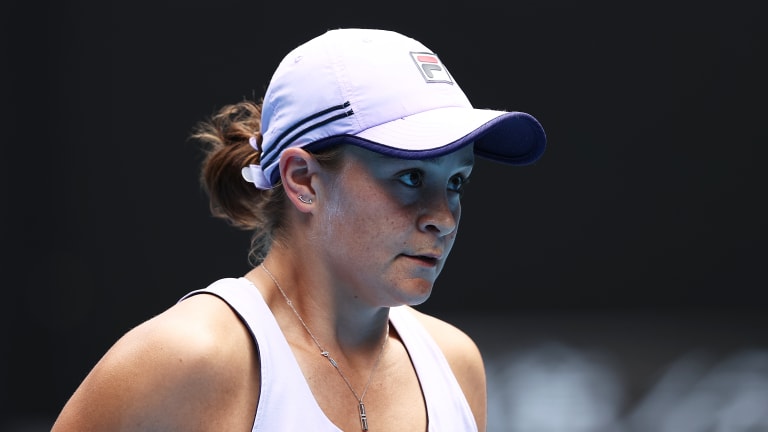
AO Live Blog, Day 4—Kenin falls; Tsitsipas survives; Italian fireworks
© Getty Images
Advertising
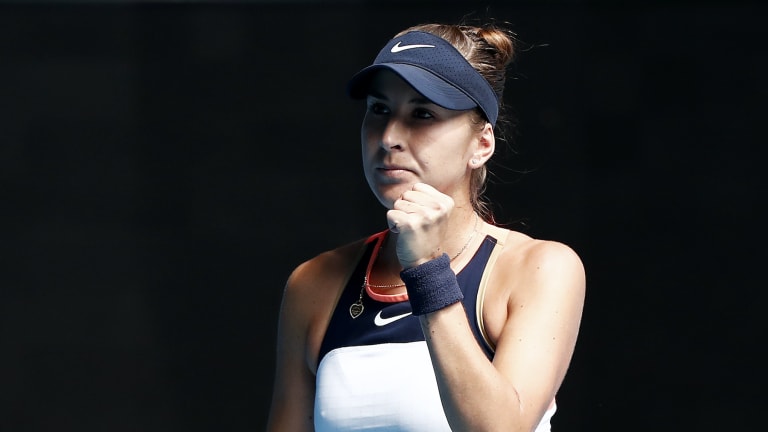
AO Live Blog, Day 4—Kenin falls; Tsitsipas survives; Italian fireworks
© 2021 Getty Images
Advertising
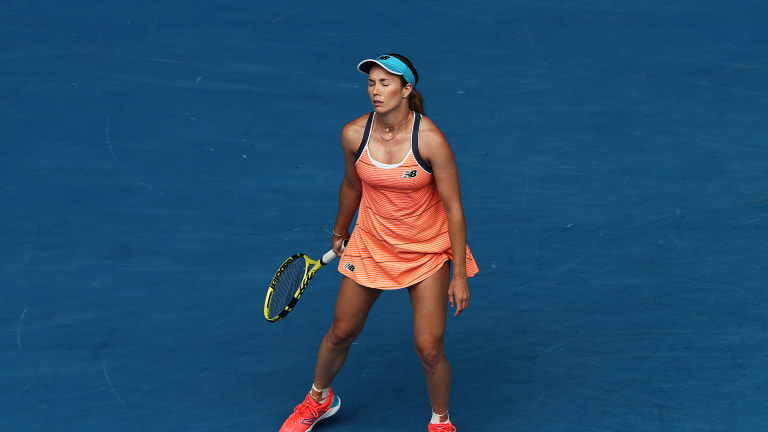
AO Live Blog, Day 4—Kenin falls; Tsitsipas survives; Italian fireworks
© Getty Images
Advertising
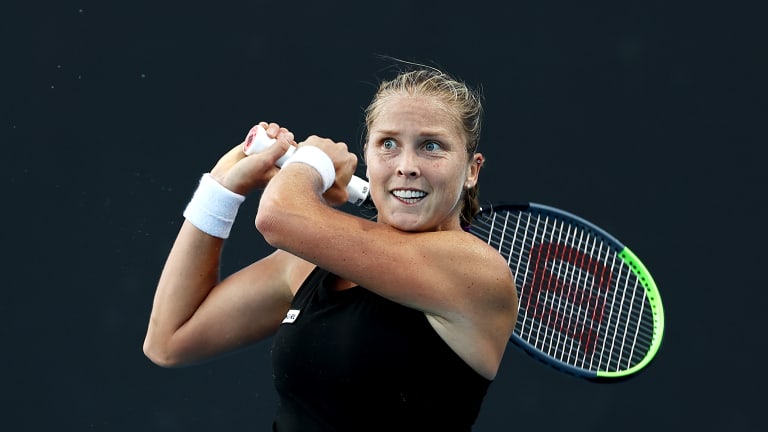
AO Live Blog, Day 4—Kenin falls; Tsitsipas survives; Italian fireworks
© Getty Images